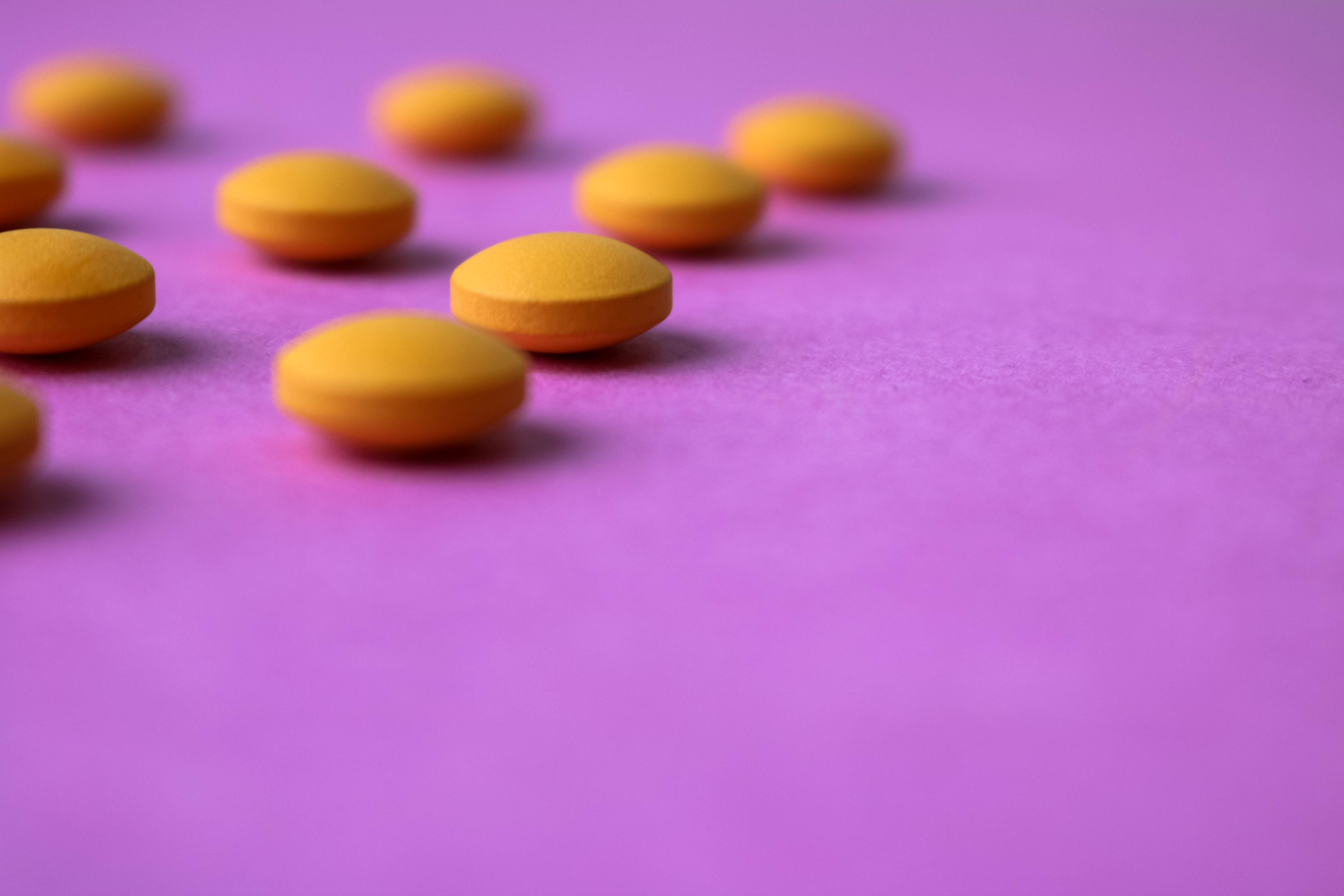

Statins are some of the most questionable drugs out there.
But doctors still prescribe them — so often, that statins are the most frequently prescribed category of drugs in the United States.
Your doctor may have told you that you need to take a statin to lower your “bad” cholesterol (LDL-C) and protect yourself from a heart attack or stroke.
This is one area where you should do your due diligence.
Do you really need to take a drug that can elevate your risk of diabetes, liver damage, and neurological and cognitive problems — especially if there is any doubt it’s not at all what it’s cracked up to be?
Statins are inconsistent at best
New research from the Royal College of Surgeons in Ireland shows that the evidence for using statins to lower ‘bad’ cholesterol to prevent heart attack and stroke, may not be as strong as previously thought.
Dr. Paula Byrne of the Health Research Board in Ireland is the lead author of this study, which examined 21 randomized clinical trials to determine how good statins were at reducing total mortality and cardiovascular outcomes like heart attack and stroke.
Dr. Byrne summarizes the research team’s findings as follows:
“The message has long been that lowering your cholesterol will reduce your risk of heart disease and that statins help to achieve this. However, our research indicates that, in reality, the benefits of taking statins are varied and can be quite modest.”
In other words, the most recent research on the subject contradicts the old that implied statins are the best way to prevent a heart attack or stroke. According to these findings, the benefits of taking statins are inconsistent, and often not as great as we’ve been told.
So many natural alternatives to statins
Believe it or not, your doctor may not be fully aware of the dangers of statins.
That sounds unbelievable, I know. But doctors often base their knowledge on studies that are funded by statin manufacturers themselves. Now, I ask you, how valid is THAT information? It’s no surprise that Lipitor is the most profitable drug in the history of medicine.
Luckily, there are plenty of other ways for you to take control of your cholesterol levels.
Dr. Michael Cutler suggests that foods and natural supplements can help lower your cholesterol naturally.
Take omega-3s, for example. The Universitat Rovira i Virgili (URV) in Spain and Harvard Medical School found that consuming omega-3s decreased triglyceride-transporting particles overall, and increased the average size of HDL and LDL particles, which is good for heart disease risk since the small particles are the ones associated with heart disease and heart attacks.
Another study found that patients who took 1 to 1.5g of krill oil a day — compared to three times that dose in fish oil — showed a significantly greater decrease in bad cholesterol than the fish oil patients. And unlike statins, omega-3s are good for your brain.
Citrus fruits like oranges and grapefruit can act as natural steroids. Almonds are another one, and if they’re chocolate-covered, even better.
Are you getting enough fiber? Here, cardiologist Dr. Elizabeth Klodas explains why fiber is crucial to keeping your cholesterol in line.
And if you have any confusion left about statins, Dr. Klodas offers valuable advice you should weigh as well.
If you’re looking for an overall eating plan you can follow that will help keep bad cholesterol down, look no further than the D.A.S.H. diet (it will also control your blood pressure and blood sugar levels).
And last but certainly not least, there’s exercise. And we’re not necessarily talking the grunt and sweat kind. If you want to lower your cholesterol and diabetes risk, give weightlifting a try!
Sources:
Link between high cholesterol and heart disease ‘inconsistent’, new study finds — Science Daily
Evaluating the Association Between Low-Density Lipoprotein Cholesterol Reduction and Relative and Absolute Effects of Statin TreatmentA Systematic Review and Meta-analysis — JAMA Internal Medicine
Ranked: The Most Prescribed Drugs in the U.S. — Visual Capitalist
